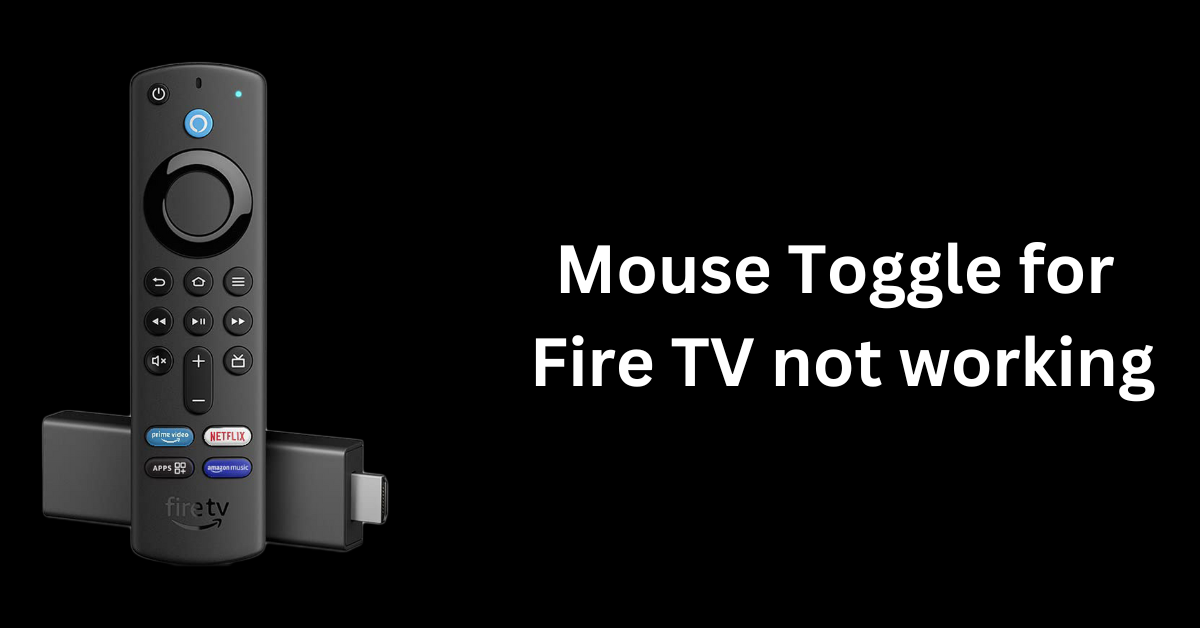Title: IPTV vs. Cable TV: Which Offers Better Entertainment?
Introduction:
In today’s digital age, entertainment options are more diverse than ever before. Two popular choices for accessing television channels are IPTV (Internet Protocol Television) and Cable TV. While both offer a wide range of channels and programming, they have key differences that make them unique in their own right. In this article, we will compare IPTV and Cable TV to help you determine which option offers better entertainment for your needs.
IPTV:
IPTV delivers television services over internet protocol networks, allowing viewers to stream content through their internet connection. This technology enables users to access a wide array of channels, including international channels, premium channels, and on-demand content. Here are some key benefits of IPTV:
- Wide Range of Channels: IPTV offers a vast selection of channels, including local, national, and international channels.
- On-Demand Content: Users can access movies, TV shows, and other content on-demand, giving them more control over what they watch.
- Cost-Effective: IPTV services are often more affordable than traditional cable TV subscriptions.
- Compatibility: IPTV is compatible with various devices, such as smart TVs, smartphones, tablets, and computers.
Cable TV:
Cable TV, on the other hand, delivers television services through cable networks, providing users with a diverse selection of channels and programming options. While cable TV has been a popular choice for many years, it does have some limitations compared to IPTV. Here are some key aspects of cable TV:
- Channel Selection: Cable TV offers a wide range of channels, including local, national, and premium channels.
- Reliability: Cable TV is known for its reliable signal quality and consistent service.
- Bundling Options: Cable TV providers often offer bundled services, including internet and phone services.
- Set-Top Boxes: Cable TV requires a set-top box for each TV in the household, which can be cumbersome.
IPTV vs. Cable TV: A Comparison:
Now, let’s compare IPTV and Cable TV in several key areas to determine which option offers better entertainment:
- Channel Selection: IPTV typically offers a broader range of channels compared to Cable TV, including international and on-demand content.
- Cost: IPTV services are often more affordable than Cable TV subscriptions, making them a cost-effective option for budget-conscious viewers.
- Flexibility: IPTV provides greater flexibility in terms of device compatibility and access to on-demand content, giving users more control over their viewing experience.
- Reliability: While Cable TV is known for its reliability, IPTV services have also improved in recent years, offering a more stable viewing experience.
Benefits of IPTV and Cable TV:
Both IPTV and Cable TV have their unique benefits, depending on individual preferences and needs. Here are some practical tips to help you decide which option is right for you:
- Consider your channel preferences and viewing habits.
- Compare the cost of IPTV and Cable TV subscriptions.
- Evaluate the compatibility of each service with your devices.
Conclusion:
In conclusion, both IPTV and Cable TV offer a wide range of entertainment options for viewers. While IPTV provides greater flexibility and cost-effective solutions, Cable TV is known for its reliability and diverse channel selection. Ultimately, the choice between IPTV and Cable TV comes down to individual preferences and needs. By comparing the key aspects of each service, you can make an informed decision on which option offers better entertainment for you.
References:
- TechRadar
- Forbes
- IPTV.org
Thank you for reading our comprehensive comparison of IPTV vs. Cable TV. We hope this article has helped you gain a better understanding of the entertainment options available to you in today’s digital landscape. Happy viewing!













